The universe is ringing with gravity, but humanity is only just beginning to hear the nuance of this cosmic symphony.
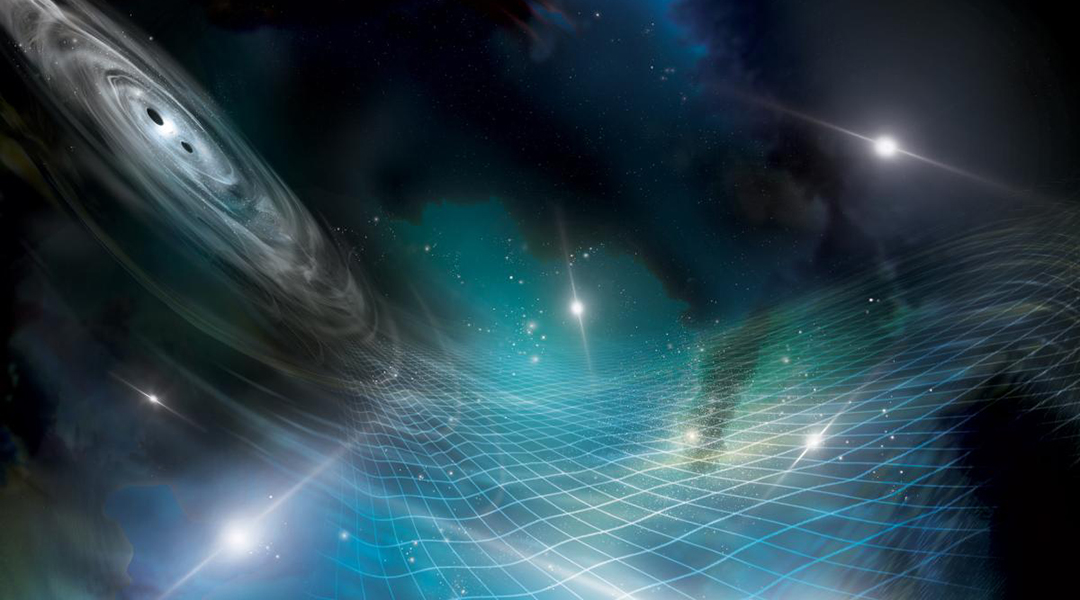

The universe is ringing with gravity, but humanity is only just beginning to hear the nuance of this cosmic symphony.
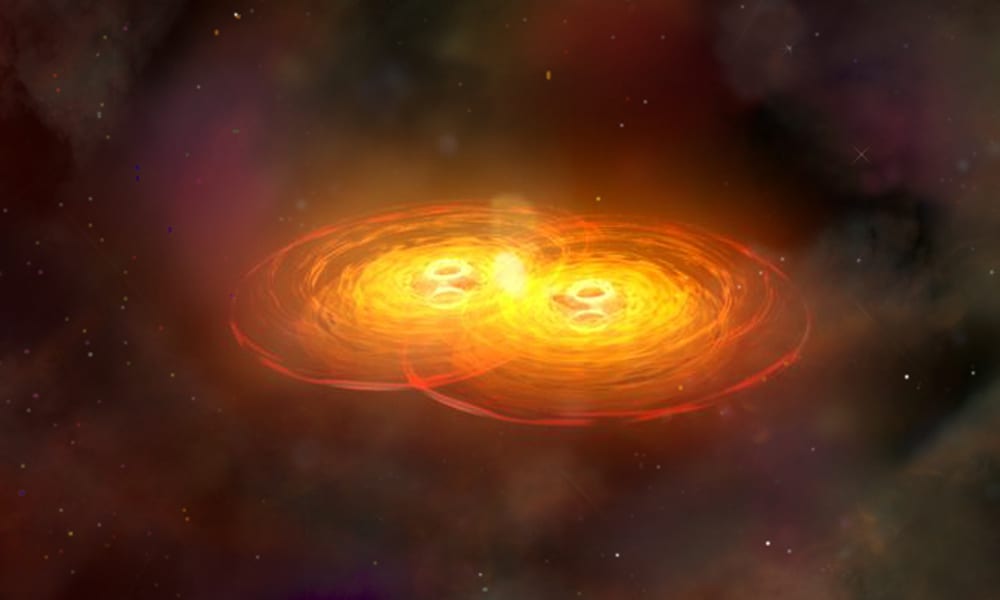
A collision between two black holes allowed for the first detection of gravitational waves.
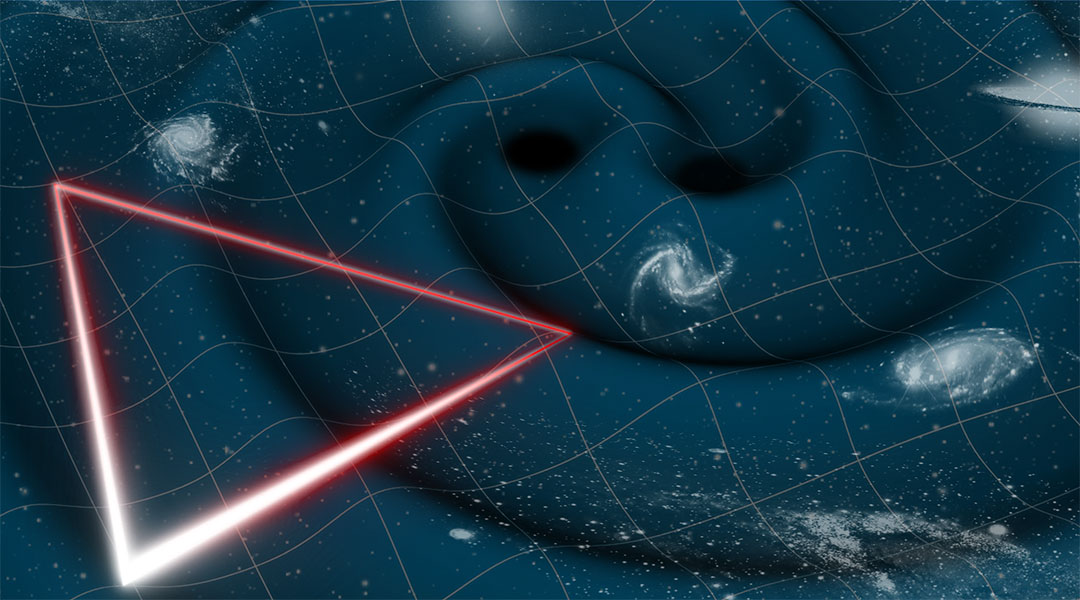
ESA greenlights LISA, a space-based observatory poised to detect gravitational waves across space and time.
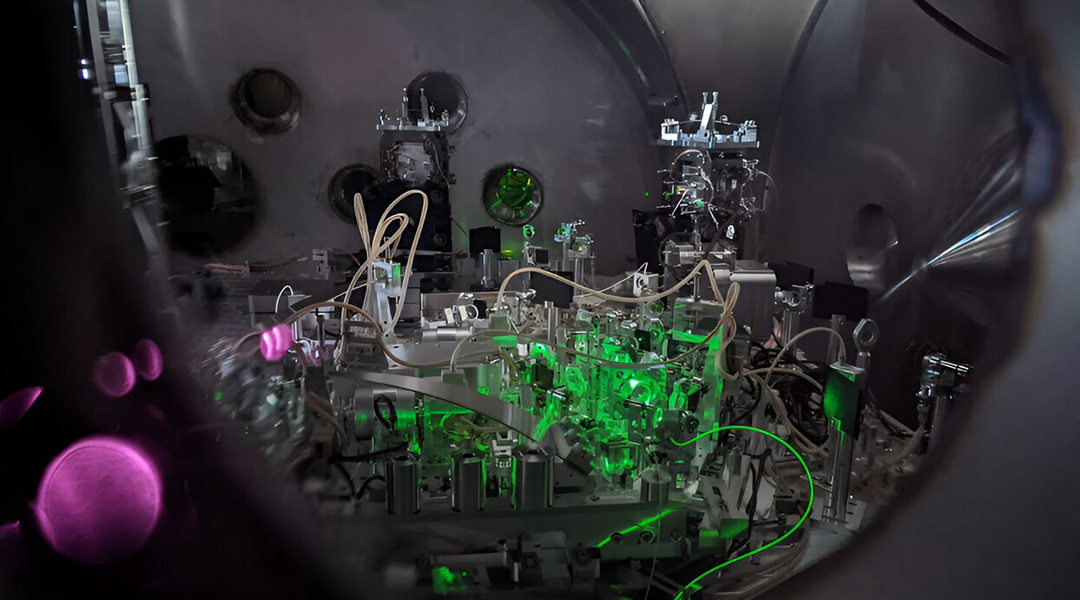
Physicists working on LIGO have surpassed the quantum limit to enhance gravitational wave detectors and revolutionize astrophysical observations.
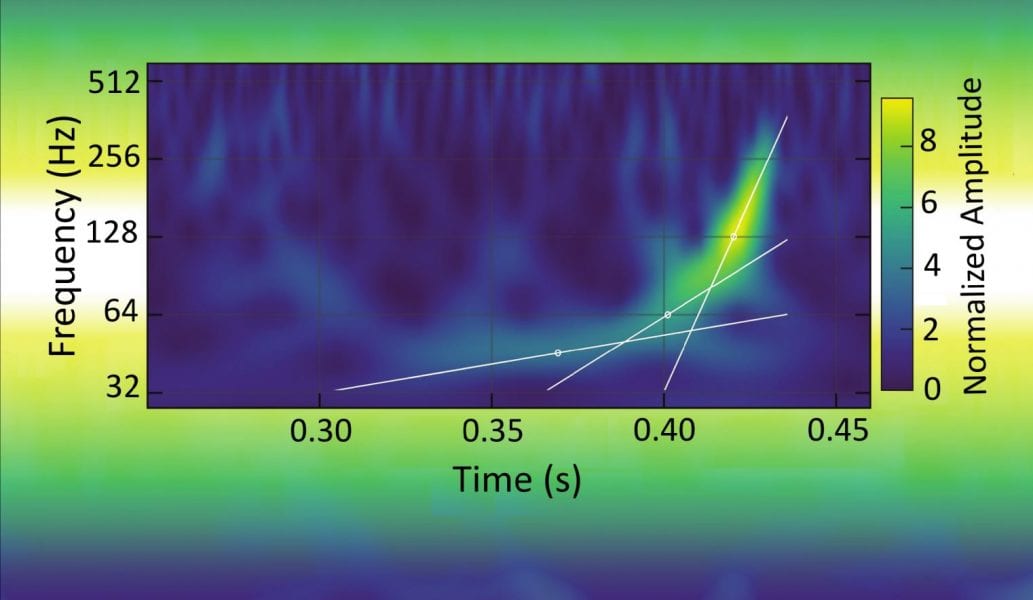
Understanding the physics of LIGO’s first gravitational-wave detection GW150914.

Subtle inflaton interactions may reshape our understanding of cosmic inflation, altering predictions about dark matter, black holes, and gravitational waves.
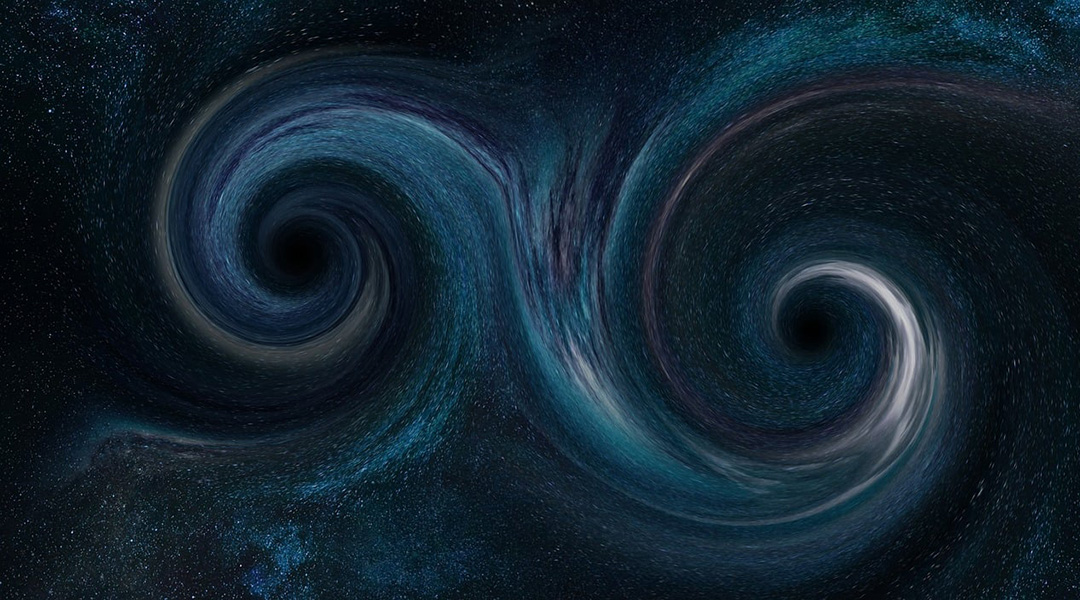
Gravitational waves could be the key to imaging elusive primordial black holes born in the first moments of our Universe.
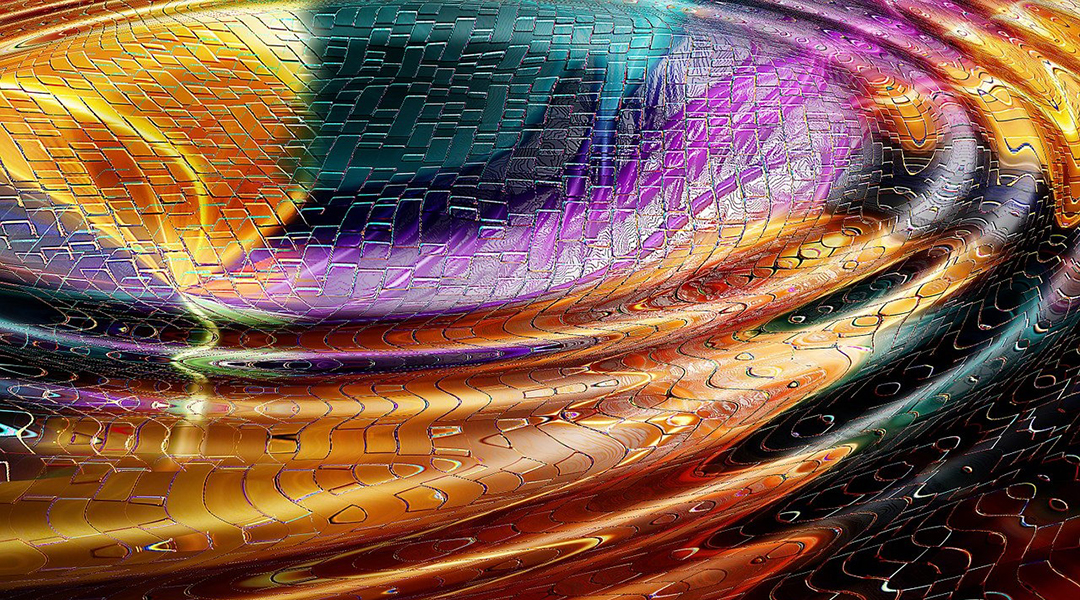
A 15-year study using observed radio signals from the 67 pulsars has concluded that the entire cosmos is filled with undulating gravitational waves.
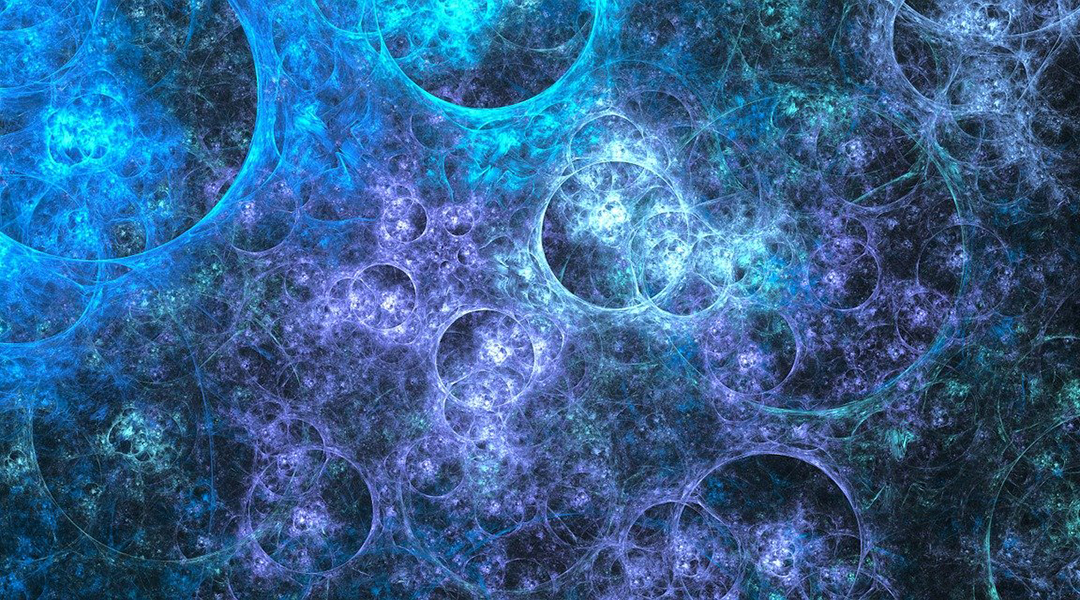
Gravitational waves produced by the phase transitions of matter right after the Big Bang could provide new insights into particle physics.

A new theory proposes gravity isn’t a fundamental force but emerges from quantum electromagnetic interactions, potentially reshaping our view of spacetime itself.